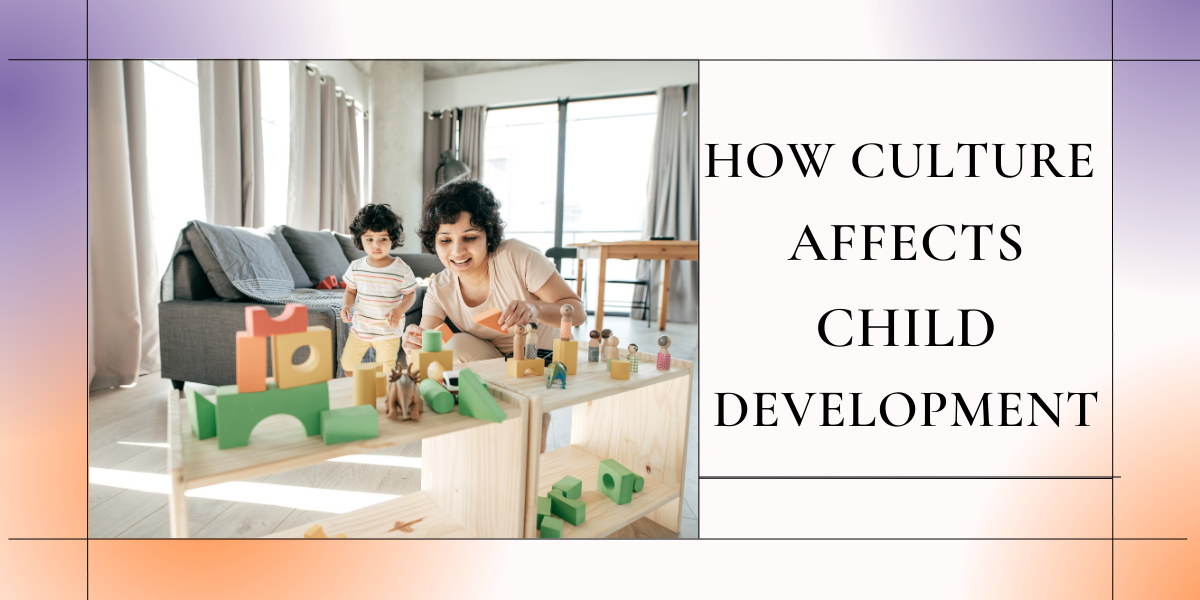how culture affects child development
Culture plays a significant role in shaping the development of children. Culture refers to the shared beliefs, customs, practices, and values of a particular group of people. It can include language, traditions, religion, art, music, and food. Children are born into a particular cultural environment, and their development is influenced by the customs and practices of their culture. In this article, we will explore the ways in which culture affects child development.
Cultural Values and Beliefs
Cultural values and beliefs have a profound impact on child development. For example, in some cultures, it is considered important for children to be independent from a young age, while in others, children are encouraged to rely on their family and community for support. These cultural differences can affect the way children interact with others, solve problems, and develop a sense of identity.
In some cultures, children are expected to be obedient and respectful to their elders, while in others, they are encouraged to question authority and think for themselves. These cultural differences can affect the way children learn and develop their own beliefs and values.
Language and Communication
Language is a vital aspect of culture and can have a significant impact on child development. Children learn language through exposure to their native tongue, and different cultures place varying degrees of importance on language acquisition. For example, in some cultures, children are expected to learn multiple languages from a young age, while in others, the focus may be on developing strong communication skills in the native language.
The language and communication patterns of a culture can also shape the way children think and process information. For example, in some cultures, communication is indirect and relies on nonverbal cues, while in others, direct and explicit communication is preferred. How Culture Affects Child Development These differences can affect the way children interpret social situations, express themselves, and form relationships with others.

Family Structure and Dynamics
Family structure and dynamics vary across cultures and can have a significant impact on child development. For example, in some cultures, extended families live together and share caregiving responsibilities, while in others, nuclear families are the norm.
These cultural differences can affect the way children develop attachment relationships and learn about their roles and responsibilities within the family.
Parenting practices also vary across cultures and can have a profound impact on child development. For example, in some cultures, parents emphasize strict discipline and obedience, while in others, parents may take a more permissive approach. These cultural differences can affect the way children learn about rules and boundaries, as well as their sense of autonomy and independence.
Education and Learning
Education is another area where culture can have a significant impact on child development. Different cultures place varying degrees of emphasis on education, and the educational practices and beliefs of a culture can affect the way children learn and develop cognitive skills.
For example, in some cultures, rote learning and memorization are emphasized, while in others, a more inquiry-based approach is favored. These cultural differences can affect the way children think about and approach problem-solving tasks.
Cultural Differences and Child Development
It is important to recognize that cultural differences in child development are not inherently good or bad. Rather, they reflect the diverse beliefs and practices of different cultural groups. However, it is important to be aware of these differences and their potential impact on children’s development.
It is also important to recognize that children from different cultural backgrounds may have different strengths and challenges when it comes to development. For example, a child from a culture that emphasizes obedience and conformity may struggle to develop critical thinking skills, while a child from a culture that values independence and self-expression may struggle to develop strong social skills.
Conclusion
In conclusion, culture plays a significant role in shaping child development. Cultural values and beliefs, language and communication patterns, family structure and dynamics, and educational practices all contribute to the ways in which children learn and grow.











